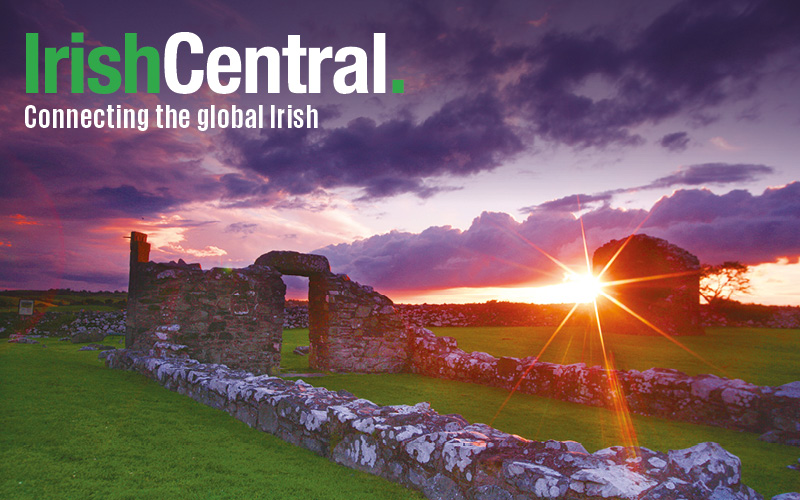The political stalemate continues in Ireland until at least April 6 when the Dail will meet again to see if a coalition government can be formed.
The election in February left most of those elected much more interested in being in opposition, fearing the wrath of the people who savaged the last Fine Gael/Labour coalition at the polls.
There are also close to 30 independents of all shades and sizes in the 160 seat Dail, and trying to make a secure government by including many of them is like herding cats.
The other alternative, a new election, is hardly palatable either with no guarantee anything will work out better the second time around.
The best of a bad lot of outcomes appears to be a weak Fine Gael government propped up in power by some independents with a guarantee for a given period that the opposition parties will not bring them down, especially Fianna Fail.
That government would serve likely for an 18 month to two year period, probably for two budgets, and give the political landscape time to take shape anew.
In that scenario current leader Enda Kenny would remain as taoiseach, but his party’s poor election performance and indications that younger bulls are set to challenge him could make it a precarious existence.
Politicians hate to be presented with bad options only, and that is certainly the case in Ireland.
Of the four options -- a new election, minority Fine Gael, minority Fianna Fail or a surprise development such as Sinn Fein going in with Fianna Fail or Fine Gael -- the first one seems the most obvious best of a bad choice option.
Fine Gael retained the largest number of seats despite doing badly in the election, and Kenny won more votes for taoiseach than anyone the first go round.
Politicians on all sides are understandable wary, however. The same wave of discontent that is washing over the U.S. and fueling the Donald Trump phenomenon is also impacting Ireland.
It is astonishing that both Fine Gael and Fianna Fail, which have dominated Irish politics since 1927 between them, do not have 50 percent of the vote anymore.
There is clearly a huge opening on the left, though the shattered Labour Party and Sinn Fein, which expected to do better in the recent election, will take some time to recalibrate.
Parliamentary politics can be extremely tricky when it comes to putting together coalitions, and there is a decent chance all sides will fail and catapult the country into another election.
The failure of Fine Gael and Fianna Fail to coalesce, the obvious step from the outside, is not that surprising. Think Sunnis and Shias, admittedly in a violence-free environment, and you get some sense of the tribal difference that on paper amounts to very little but in practice it does.
What is important is that Ireland has a government. Acting leaders and ministers, some of them no longer democratically elected, is no way to govern a country.
Hopefully by April 6 there will be white smoke. If not the odds of another election will surely soar.




Comments